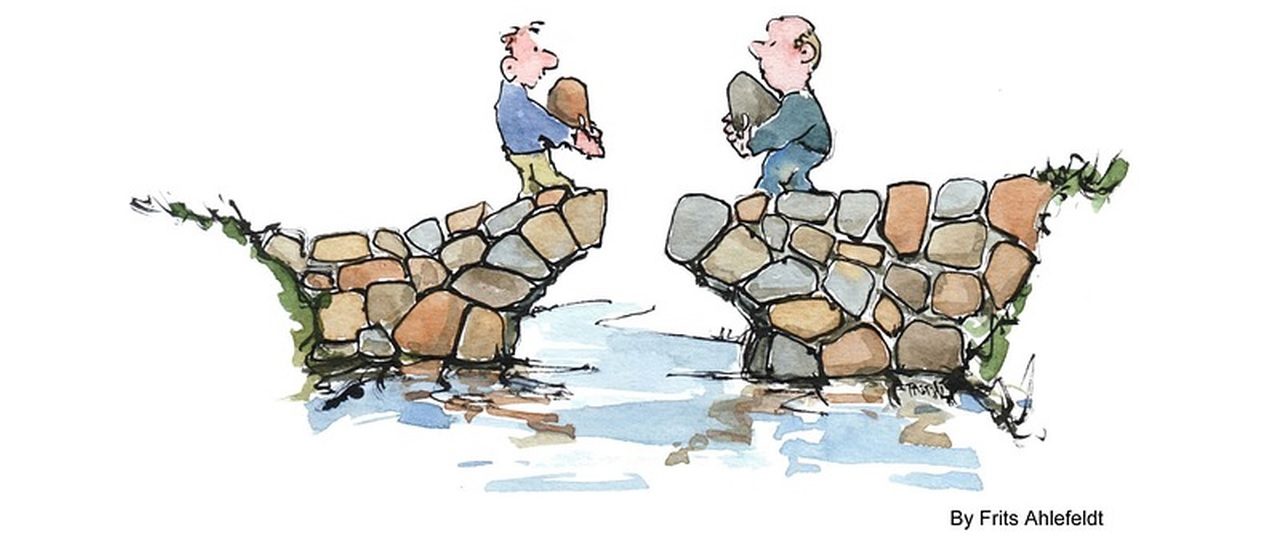Resolving family disputes without going to court!
Parties involved in a family law dispute are encouraged to attempt to negotiate a solution to parenting arrangements and property settlements between themselves without resorting to taking their matter to court. This process is called Family dispute resolution (“FDR”). FDR, before parties commence court proceedings, may take many forms:
- Parties negotiating by themselves;
- Parties negotiating with the assistance of a mediator;
- Parties negotiating with the assistance of their lawyers and a mediator;
- Parties negotiating with the assistance of their lawyers without a mediator (“four-way meeting”);
- Parties engaging on collaborative law;
- Parties engaging an arbitrator to rule on their dispute.
In all cases, parties should obtain legal advice about their rights, obligations and prospects before they embark on the FDR process.
Is Family Law Dispute Resolution compulsory?
Whilst it is not compulsory for parties to engage in FDR before people commence family law property proceedings in court, it is compulsory to do so for parenting matters before starting court proceedings unless the matter falls under some specific exceptions as, for example, in urgent cases or domestic violence cases. It is also a requirement for those seeking changes to an existing parenting order.
Dispute resolution has many advantages and it’s a better method to resolve family law disputes because it is normally:
- Cheaper
- Quicker;
- More flexible
- The range of outcomes available to parties in FDR is wider ranging than what a court may do
- Parties involved in FDR are only limited by their own imagination with regard to the possible outcomes that may be achieved
Further reading

elringtons lawyers regularly provide legal advice in relation to a range of Family Law matters. Please contact our Family Law Team for more information or to make an appointment call (02) 6206 1300













